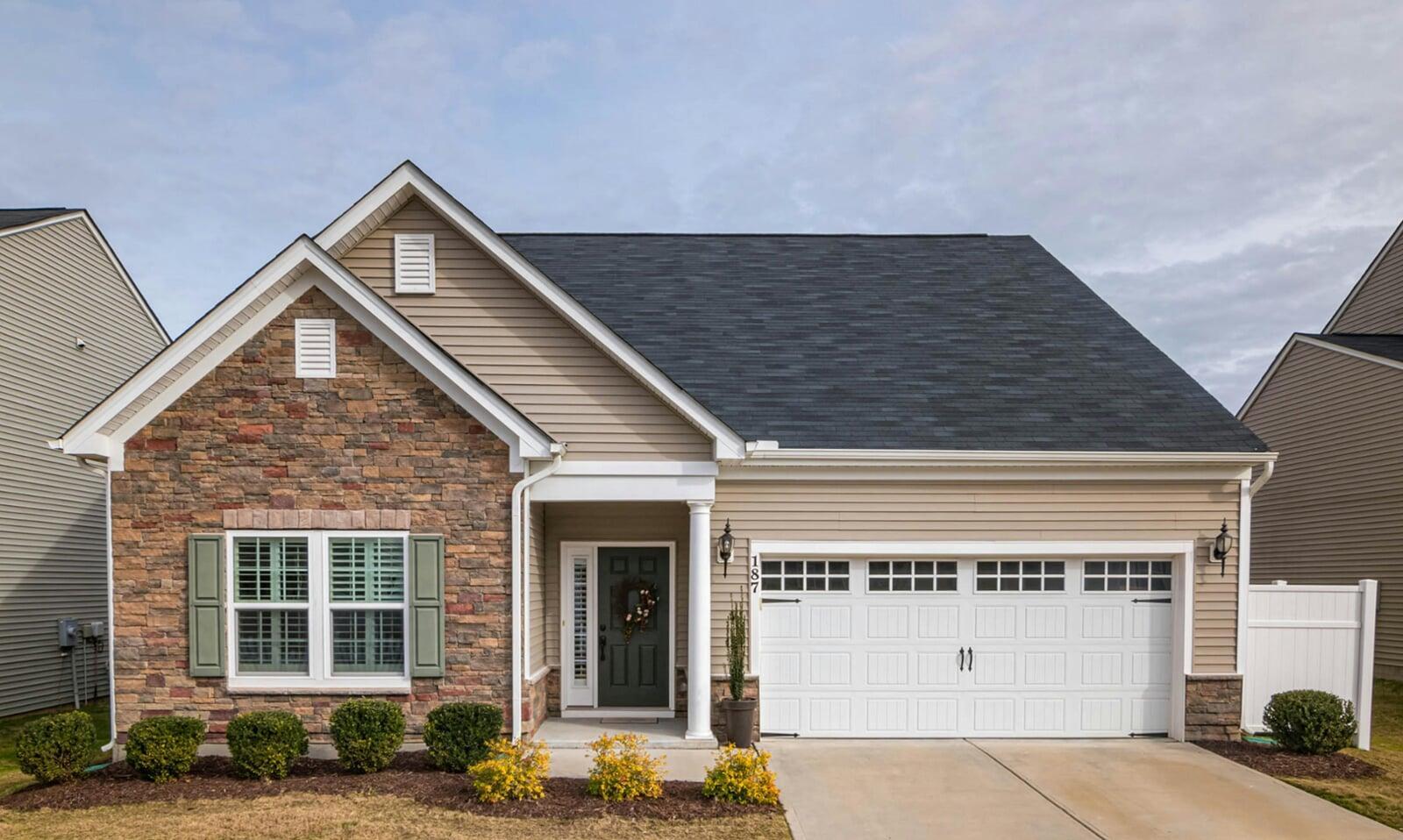
What is an ADU?
An Accessory Dwelling Unit (ADU) is a secondary housing unit located on the same property as a primary residence. These units can be detached, attached, above garages, or converted spaces like basements or sheds. ADUs offer flexible living space for family members, rental income, or added property value. They are typically smaller but include essential amenities like kitchens and bathrooms. With growing urban housing demands, ADUs are becoming a popular solution for maximizing space and affordability.
Why Get a Permitted ADU?
Building a permitted ADU ensures you stay compliant with California building codes, avoid fines, and unlock financial and property benefits.
Benefits of a Permitted ADU:
✅ Increased Property Value
✅ Legal Rental Income
✅ Easier Financing or Refinancing
✅ Compliance with Zoning and Energy Codes
✅ Reduced Legal Risks
Why Was My ADU Permit Denied? Common Reasons
Getting your ADU permit denied can be frustrating, but it's not always the end. First, identify why it was rejected. Here are common reasons:
❌ Zoning Violations (setbacks, lot size, height limits)
❌ Incomplete or Incorrect Plans
❌ Non-compliance with Fire Safety or Utility Access Codes
❌ Lack of Legal Parking Solutions (in some municipalities)
❌ HOA or Historic District Restrictions
Understanding the cause is key to preparing a strong appeal or re-submittal.
How to Appeal a Denied ADU Permit in California
1. Request a Denial Letter with Specific Reasons
Ask your local building or planning department to provide a formal written notice outlining specific code violations or missing documentation. This is your road map for the appeal.
2. Consult a Professional (Architect or ADU Specialist)
Bring in a licensed expert familiar with California ADU laws and local zoning codes. They can help revise your plans or create code-compliant alternatives.
3. File an Appeal with the Local Planning Commission
Most cities and counties offer an administrative appeals process. You’ll typically need to:
Submit a formal appeal application
Pay a filing fee
Include supporting documents and revised plans
Present your case at a public hearing (optional, in some cases)
4. Address Specific Violations or Conflicts
This may involve:
Adjusting setbacks
Adding fire safety upgrades
Updating Title 24 energy compliance reports
Resolving sewer or utility issues
5. Prepare for a Hearing (If Required)
Some appeals go before the Planning Commission or Board of Zoning Adjustments. Be prepared to explain how your revised plans now meet code or justify an exemption based on unique property circumstances.
6. Know When to Reapply Instead
If the changes are significant, it might be better to withdraw your application and resubmit instead of appealing. Consult your local planning department for guidance.
Tips to Avoid Future ADU Permit Denials
✅ Hire experienced ADU professionals
✅ Check local ADU ordinances before designing
✅ Work with Title 24 and energy consultants
✅ Use pre-approved ADU plans when available
✅ Stay updated on recent ADU law changes in California

